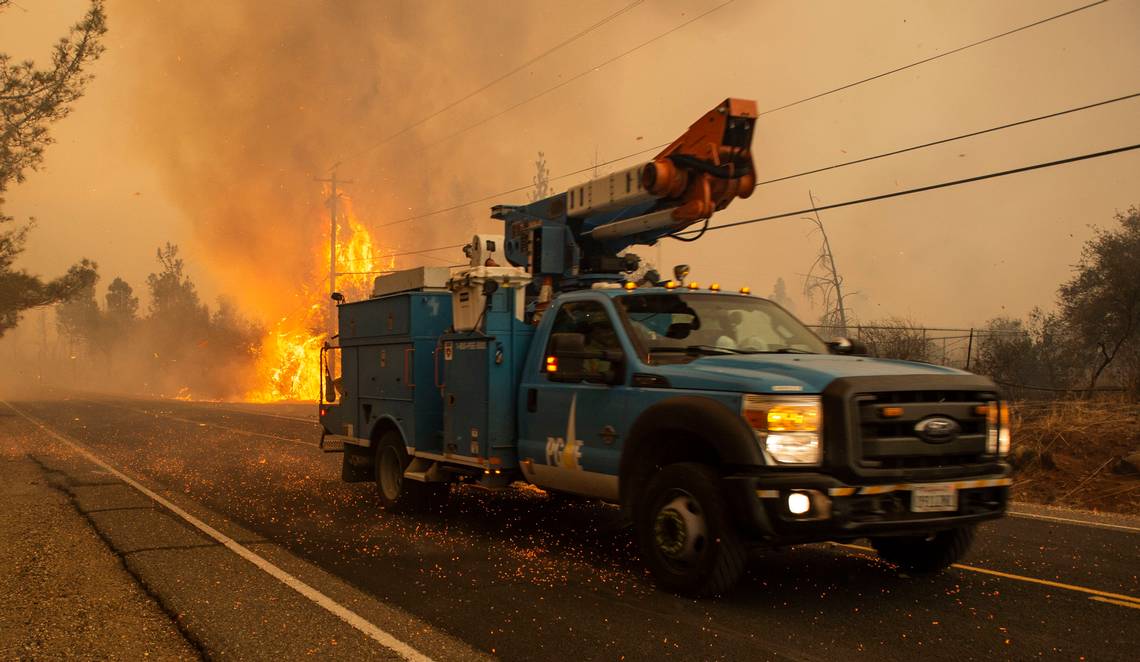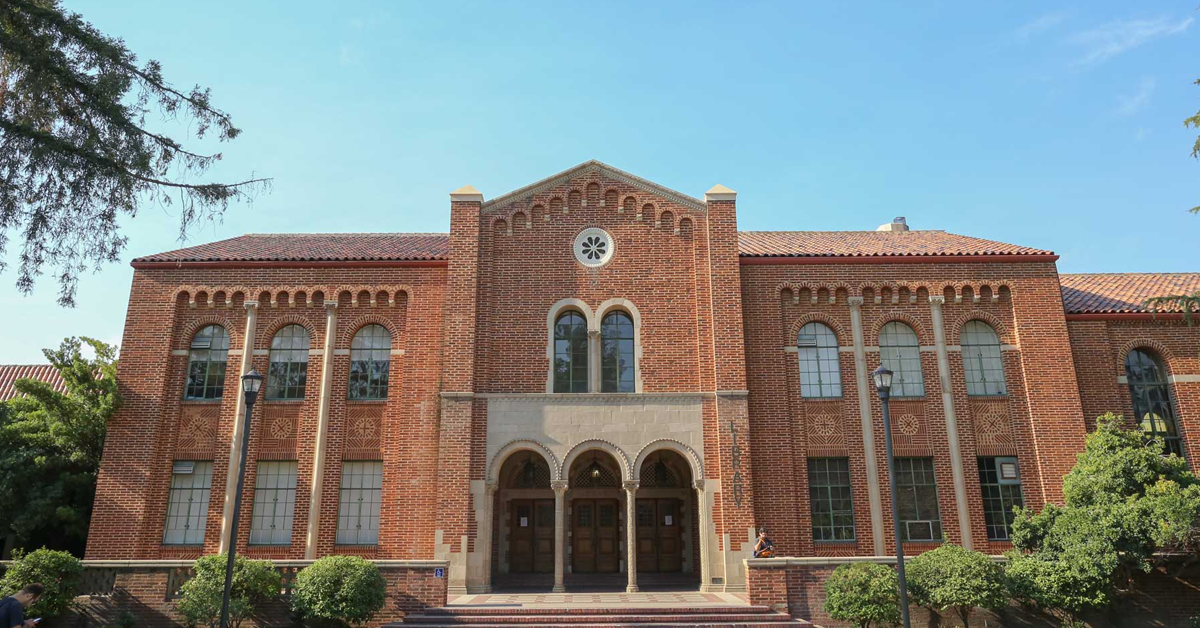The state’s task force to study reparations for Black Californians hit a stumbling block on Thursday in determining who would actually qualify for any potential payment.
At the end of Thursday’s meeting, the task force voted 5-4 to postpone a vote on who will be eligible for reparations until next month.
California Gov. Gavin Newsom and the state Legislature created the nine-person task force in 2020, and it has until June to send recommendations to the Legislature regarding reparations.
Thursday, task force members were divided over whether eligibility should be granted to those who can trace their ancestry to slaves in the United States or to all Black Californians.
Secretary of State Dr. Shirley Weber authored the bill when she was serving in the Assembly.
She previously told the task force to keep its focus on limiting reparations for people who are descendents of slaves, and the bill specifically directs the task force to “develop reparation proposals for African Americans, with a special consideration for African Americans who are descendants of persons enslaved in the United States.”
Asm. Reggie Jones-Sawyer (D–Los Angeles) serves on the task force and voted for the delay in order to continue the conversation.
He argued that limiting eligibility only to those with ancestors who were slaves would arbitrarily exclude Black people whose families immigrated to the United States after slavery was abolished.
“At the end of the day, people who are prejudiced against us are prejudiced against all of us,” Jones-Sawyer said. “People that look like us in California, they’re suffering just as much right now as people who were descendants of slavery.”
Civil rights attorney Lisa Holder, another task force member, agreed with Jones-Sawyer and argued in favor of giving reparations – which could come in the form of cash payments or another form of compensation – to all Black Californians.
“We have to embrace the concept that Black lives matter, not just a sliver of those black lives,” Holder said. “If you have Black skin, you are catching hell in this country.”











